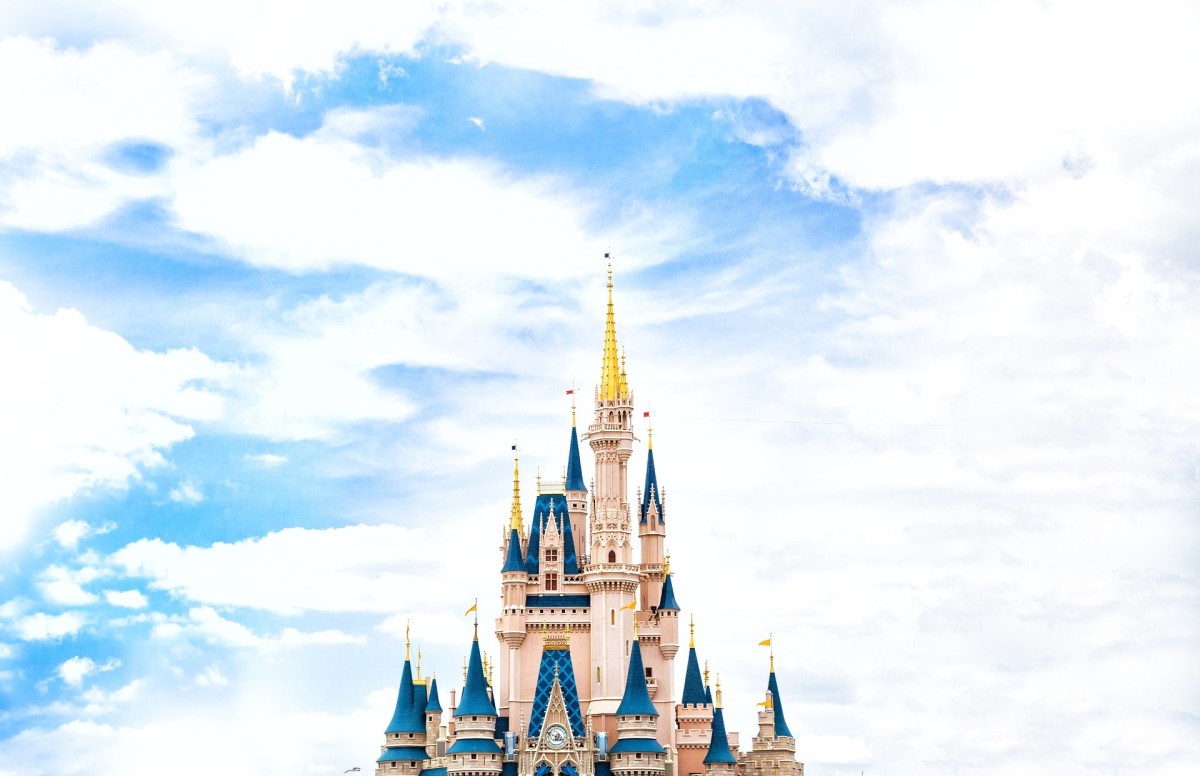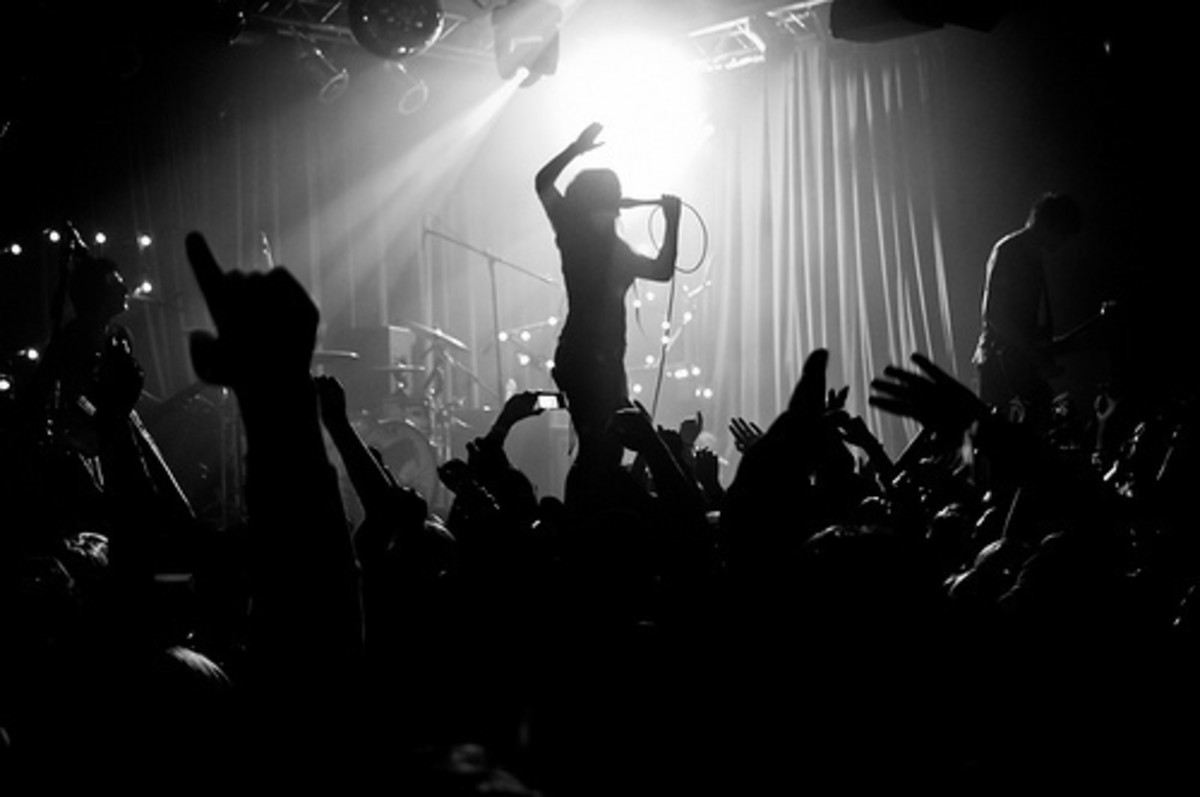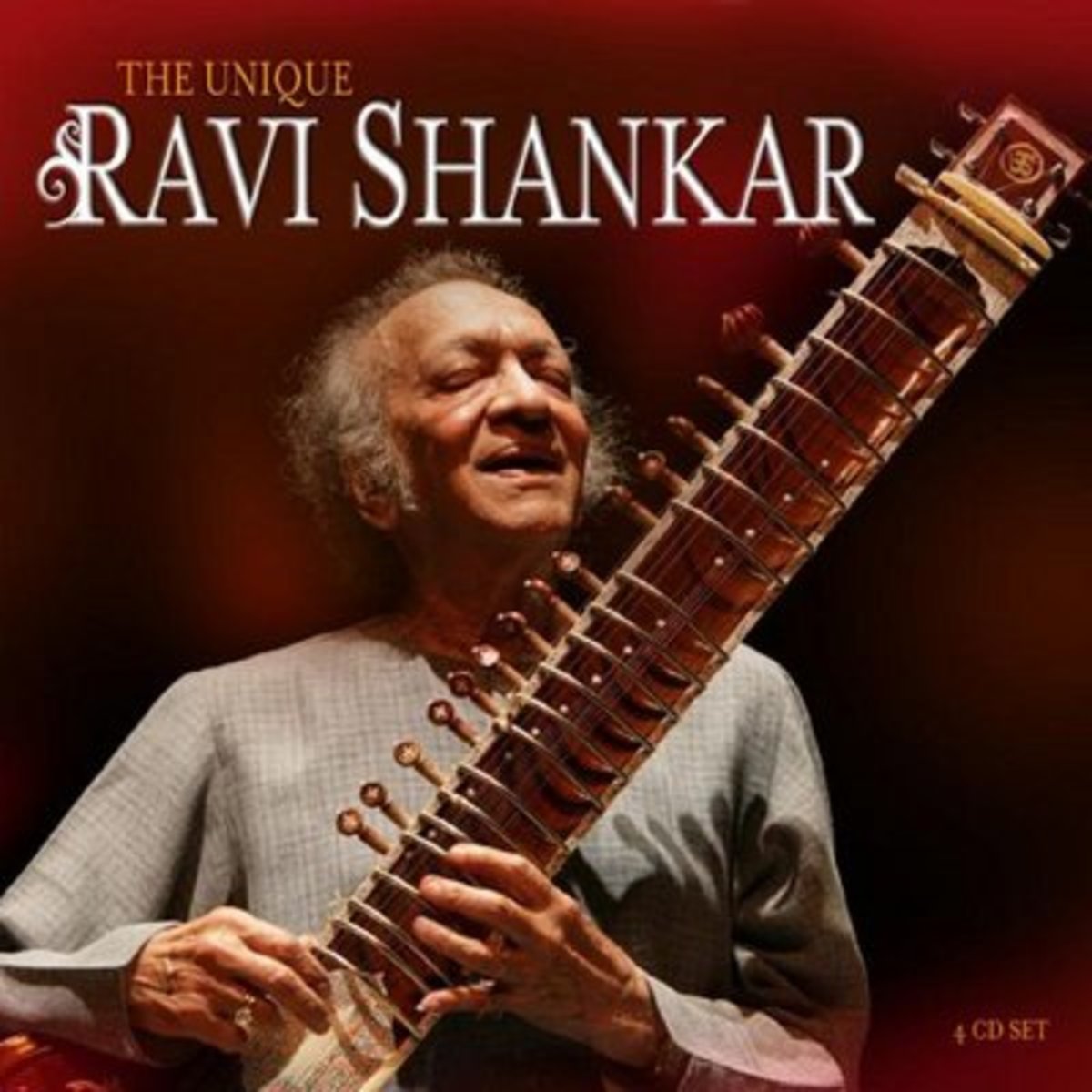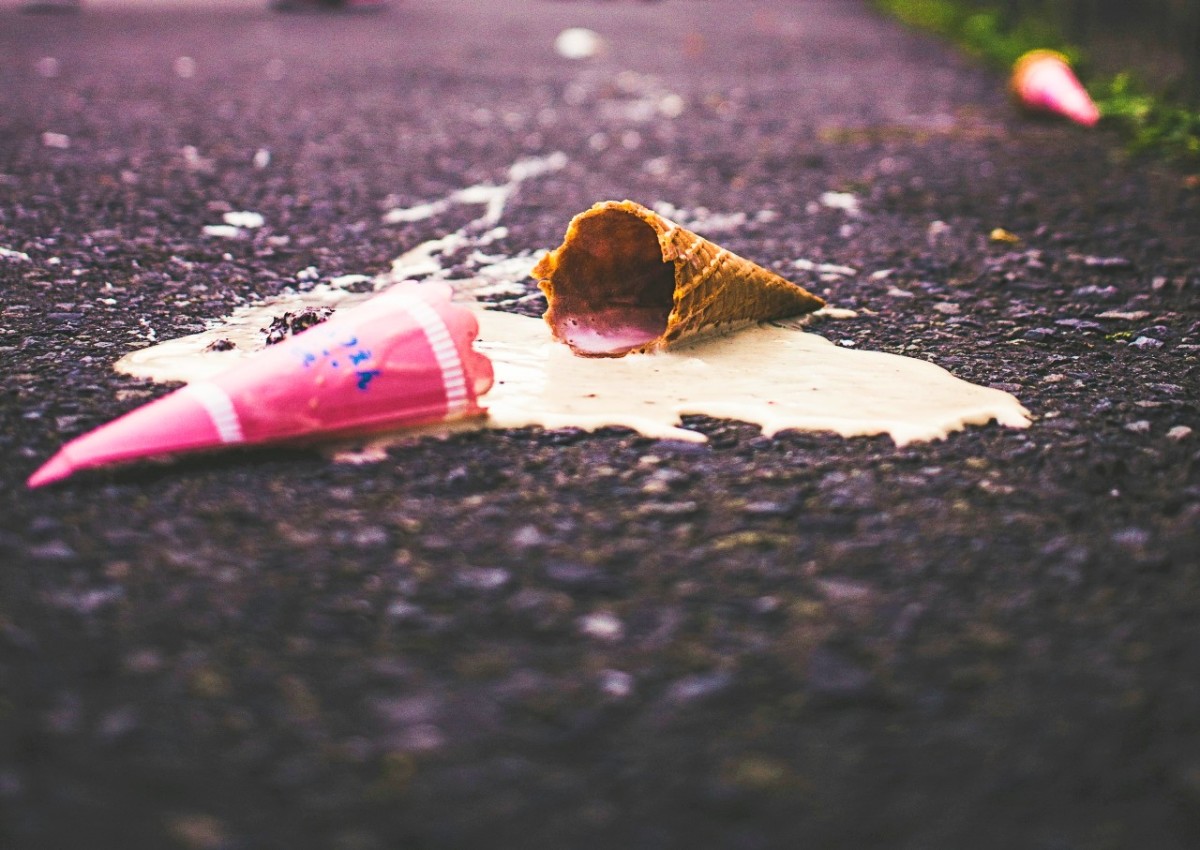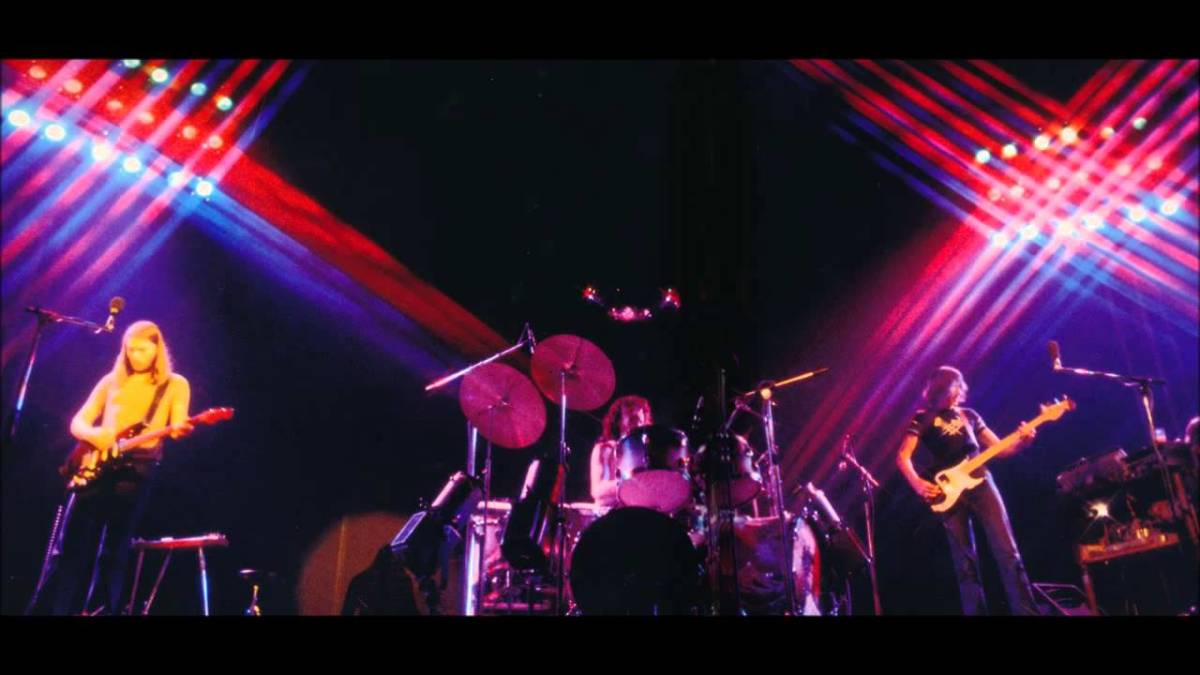Cover Song Licensing & Compulsory Mechanical License
What on earth are mechanical royalties for songs or a compulsory mechanical license? They're important terms in cover song licensing and copyright law that you should understand if you're recording cover songs. Do you want to record and sell your version of a cover song, or post a video of yourself or your band performing another artist's song on YouTube, and not sure whether that's legal? Then it may be wise to understand cover song licensing law a bit, including compulsory mechanical license and mechanical royalties for songs written by others.
I am not a lawyer and this is not intended as legal advice. This is merely research that I uncovered via various legal websites and Wikipedia when performing and recording cover songs for my band. My band was looking to distribute demo CDs that included cover songs - songs written and recorded by other artists. Of course, we wanted to avoid any legal trouble when doing this.
Distributing copies? Provide notice and pay a fee (compulsory mechanical license law)
Distributing and recording cover songs copyrighted by others falls under "compulsory mechanical license law," which requires copyright holders to grant use to others. But for someone to legally distribute or record cover songs, he or she (or they) must provide notice and pay royalties for songs to each copyright holder for each song they intend to distribute. Finding the copyright holder can sometimes take a little work as well. Clever Joe provides an interesting summary on recording cover songs legally, and explains the rates of the royalty fees. And Wikipedia has a fairly thorough summary about compulsory mechanical license here.
Song reproduction: mechanical license and mechanical royalties
Then if you want to press CDs, this leads into discussion of whether or not you will need a compulsory mechanical license--this is permission from the copyright holder to reproduce the song, sheet music, lyrics, and so on. For a compulsory mechanical license you will most likely be doing business with the Harry Fox Agency - the largest agency collecting mechanical fees in the US for cover song licensing. On Harry Fox's website, they answer the question, "Do I need a mechanical license." This would include paying nominal mechanical royalties - as discussed further here.
Performing cover songs
Whether or not you or your band can perform cover songs live for others is a separate matter from recording cover songs and distributing them. Performance rights organizations (such as ASCAP, BMI, SESAC, and SoundExchange) collect cover song licensing fees from those who publicly perform copyrighted songs belonging to their member artists. BMI and ASCAP cover 97% of music played in the US. ASCAP, for example, demands membership fees from bars and restaurants for use of any copyrighted songs, then ASCAP compensates the copyright holders (according to Wikipedia's sections on Performance Rights Organizations and ASCAP).
Since these organizations go after the bars, clubs, and restaurants, bands performing cover songs in such venues will not likely be at risk. But the venues who are not paying such cover song licensing fees may, indeed, be at risk if they are hosting bands playing cover songs ever. This can even apply if the song is played over a TV commercial at the bar or piped in over the kitchen radio. Furthermore, this applies even if the songs are played from purchased CD recordings, or cranked out in karaoke. To use such copyrighted songs, these venues are required to pay each of these organizations (I've read estimates around $2,000 per year). Clubs can only avoid these licensing organizations for so long before a lawsuit may come along.
What about recording cover songs on YouTube videos?
I believe that it would be presumed that YouTube gains the ultimate benefit from your video performance of a copyrighted song, so YouTube would be responsible for the compulsory mechanical license. And YouTube does hold an ASCAP license. I'm not sure (yet) if YouTube holds licenses with other licensing organizations.
Can't bars hold bands responsible for the cover song licensing?
One of the major licensing organizations (ASCAP) indicates, on their site's FAQ, that some people mistakenly assume that musicians, entertainers, and DJs are required to obtain licenses to perform copyrighted music. They indicate that businesses cannot shift this responsibility to the performers, and that the those who participate in, or are responsible for, music performances are legally responsible. ASCAP indicates that the business owner gains the ultimate benefit from the performance and would be responsible for licensing the music to be performed... not the bands playing them.
Looking to sell your cover songs over the Web?
To sell music you record of another copyright holder's song, you would need a digital license. Harry Fox Agency licenses digital downloads, interactive streaming, and ringtones. Their rates were listed here (but the link went to a limbo page when I just checked it). To apply for a digital license, you will need an HFA Mechanical Licensing Account.
Limited Downloads & Interactive Streaming
For licensing limited downloads or interactive streaming, you have to email HFA at newmedia@harryfox.com to use their bulk licensing process.
Did I just burst your bubble?
If you're performing cover songs, probably not. But if you are recording cover songs and want to distribute them - well yeah, the artists who work to create those songs have the legal right to their slice of the take too. Also as a relevant side note, I have talked to bar-owners and also read many complaints stating that ASCAP collects licensing fees and artists don't see a penny of that money. In contrast, according to ASCAP's site and Wikipedia, over 87% of money collected from those cover song licensing fees do go to its members. But depending on who exactly owns the copyright, that pie may get sliced up between record companies, songwriters, composers, lyricists and publishers as well.
Copyright cover song licensing can be a fairly complex nut to unravel, but hopefully I have clarified a few things and sent you in the right directions for the loose ends.
This article by Iggy Sarducci is licensed under a Creative Commons Attribution-NonCommercial-NoDerivs 3.0 United States License.

